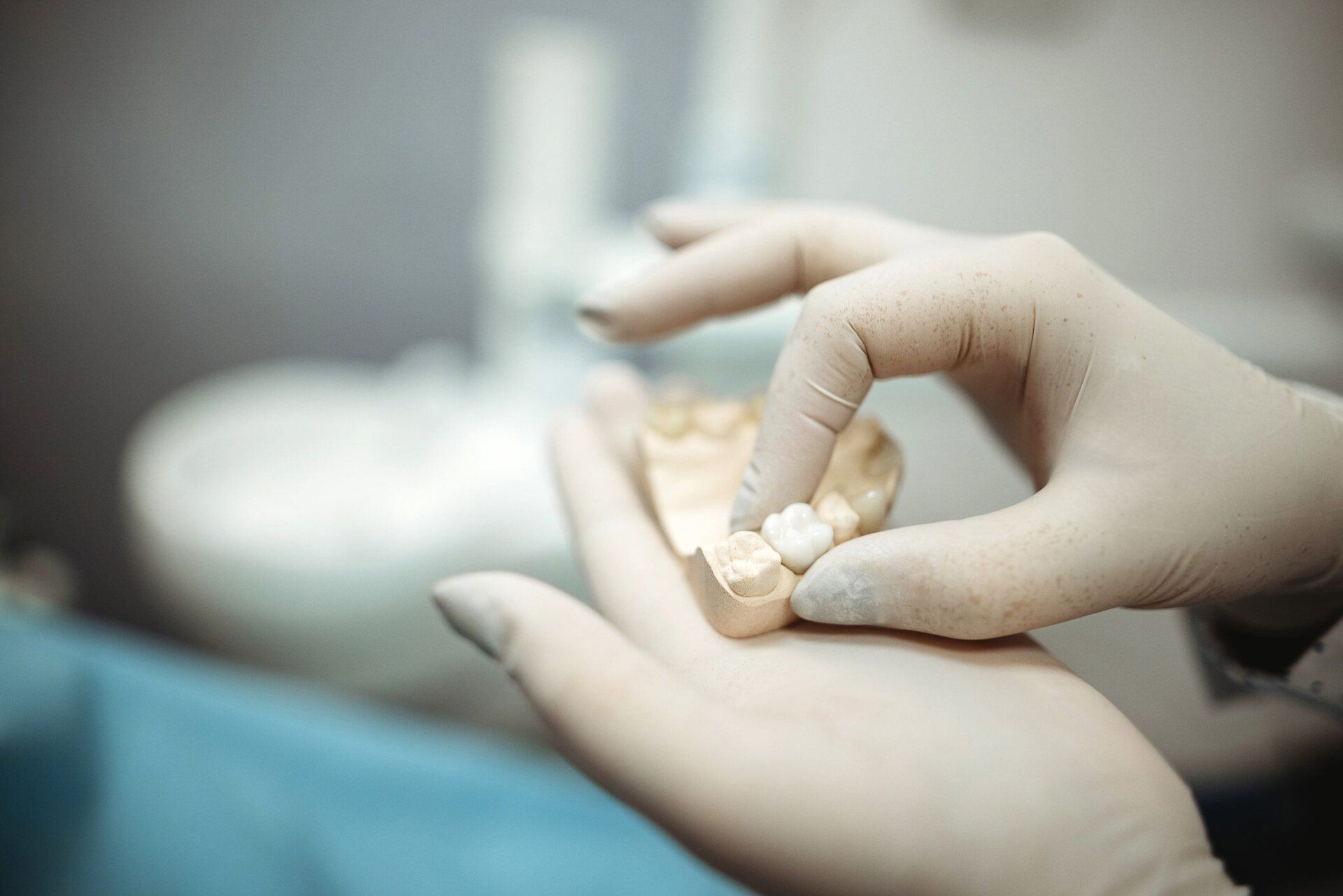Common Causes of Bleeding Gums
Many people experience bleeding gums at one point in their lives. Some people incorrectly believe bleeding gums don't warrant serious attention. However, even though some relatively minor issues can trigger bleeding gums, the condition can also point to a serious health issue. Below are some possible causes of bleeding gums.
Gum Disease
Bleeding gums is one of the earliest forms of gum disease. The problem starts when a film of oral bacteria collects along the gum line. Over time, accumulated plaque will harden into tartar, inflaming the gums and making them tender. Such gums easily bleed when bruising or even on their own.
Overbrushing
Good oral hygiene involves brushing at least twice a day for a minimum of two minutes per session. However, the way you brush also affects your oral health. For example, using a hard-bristled toothbrush will erode considerable enamel and bruise your gum line, leading to bleeding. The same thing might happen if you brush too hard or for extremely long periods.
New Flossing Routine
Just like brushing, daily flossing is also necessary for good oral health. In fact, you should start flossing as soon as possible if you haven't been doing it. Just note that your gums might bleed the first time you start bleeding. The initial bleeding is because your gums aren't used to your flossing routine.
Ill-fitting or Faulty Dental Restorations
Ill-fitting dental appliances can also trigger bleeding gums. Consider dentures, which people use to replace missing teeth. If the dentures don't fit you properly, they might press on and bruise your gums, leading to bleeding.
Faulty or damaged dental restorations can also have the same effect. For example, your gums might bleed if you suffer an accident and damage your braces. Such braces might bruise your gums and trigger bleeding.
Medications
Some medications trigger bleeding gums as one of their side effects. For example, blood thinners interfere with the blood clotting process and increase the risk of bleeding. Thus, your gums might bleed without provocation if you are taking blood thinners. Even normal brushing and flossing with the right toothbrush might trigger bleeding from the gums in such cases.
Nutritional Deficiencies
Just like other parts of the body, your gums are likely to bleed upon bruising. Your gums are likely to bruise if they are unhealthy. Nutritional deficiencies, such as lack of vitamin K and C, make your gums susceptible to bleeding. Thus, you might struggle with bleeding gums if you are nutrient deficient or have a medical condition that inhibits nutrient absorption or synthesis.
Non-Oral Diseases
Even diseases that don't directly affect the mouth can trigger bleeding gums. For example:
- Diabetes increases your blood sugar levels, delays the healing of oral infections, and increases the risk of bleeding gums.
- Leukemia reduces the number of blood platelets in your blood, and you need the platelets to stop bleeding. Thus, leukemia increases the risk of bleeding gums.
- Hemophilia interferes with blood-clotting mechanisms and increases the risk of bleeding gums.
The above are just a few examples of diseases that can lead to bleeding gums; the list isn't exhaustive.
Hormonal Changes
Lastly, you might also struggle with bleeding gums if you are experiencing hormonal changes. Hormonal imbalance can make your gums swollen, tender, and easily bruised. Such gums are more likely to bruise than others. Many people experience hormonal imbalance during pregnancy.
As you can see, you shouldn't ignore bleeding gums at any point in your life. Consult New England Dental Health Services P.C. to diagnose the bleeding and offer you a professional solution. We have been in the dental industry for years. We can help you prevent and deal with dental problems before they trigger serious complications.






